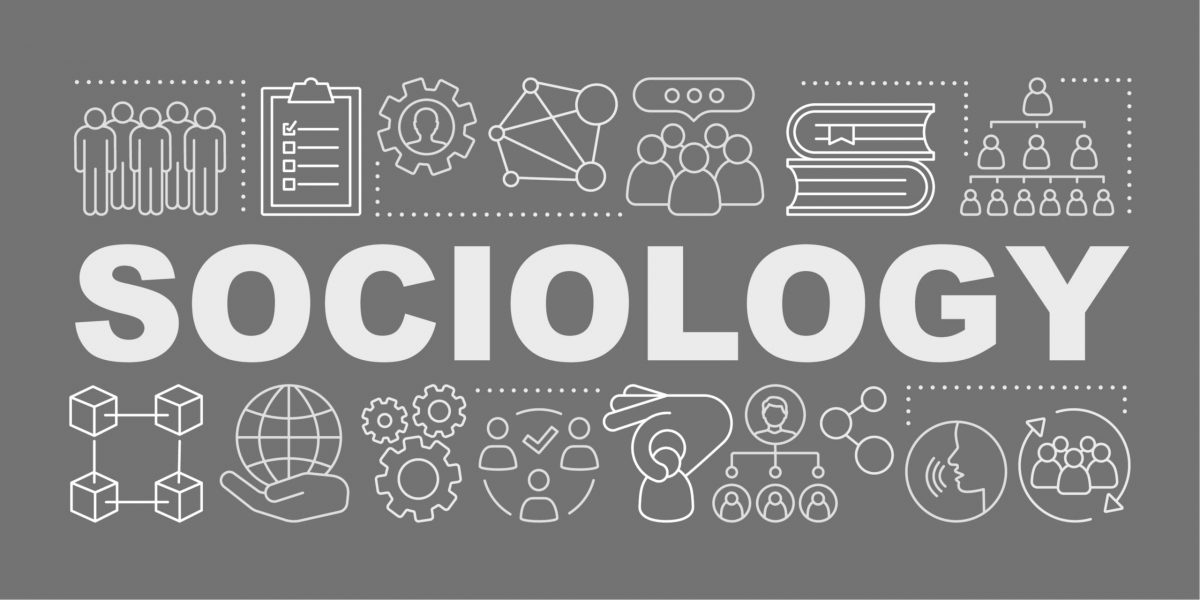When most of us think about behavioral sciences, our minds immediately conjure up a room with a therapy chair, a distressed patient with a limp hand resting on his forehead, and a kind woman with thick-framed glasses standing over him giving him sage advice and wise counsel. While counseling is one facet of the behavioral sciences, it’s certainly not the only one. If this is all that you think of — you’re missing the bigger picture. Today, we are out to tackle one of the lesser-known degree options in behavioral sciences at Grace: sociology. We will answer the questions: What is a sociology degree? What can I do with a sociology degree? And why should I get a sociology degree at a Christian liberal arts institution?
What is a sociology degree?
Sociology is the study of how groups of people behave and interact together as an entity.
Dr. Kelly Arney, Department Chair of Behavioral Sciences expounded on this definition:
“Students who graduate with a sociology degree have the foundation to study social life, social change, social interactions, diverse community social injustices, and research. A sociology graduate works to appreciate the complexity and diversity of social situations. This includes a cross-cultural understanding on a global level. They use scientific methods to research and find answers to complex social questions. They will often research, judge, and evaluate complex information to make reasoned arguments. This will help to develop new ideas on societal issues. They will have the ability to work collaboratively as part of a team and additionally think independently to re-assess common perceptions of social issues.”
What can I do with a sociology degree?
This is by no means a comprehensive list of what you can do with a sociology degree, but it’s a good start. The truth is, nearly every industry, organization, and corporation requires groups of people to work together. Many of them could benefit from the wisdom of a sociologist to improve their systems which directly improves efficiency and morale.
Business Sociologist
Community Organization Sociologist
Health Service Sociologist
Researcher
Activist
Lawyer
Journalist & Publisher
Social Service Worker
Teacher / Professor
Politician
Non-profit worker
Local & Central Government Worker
Why should I study sociology at a Christian liberal arts institution?
Today, more than ever, we are in need of confident, compassionate, and skilled sociologists who are equipped to lead lives of purpose in our world. A liberal arts education affords sociologists-in-training exposure to a variety of courses outside of their major — including theology courses. These courses help to expand student worldviews. These worldviews eventually inform societal decisions. And these decisions, in turn, affect diverse groups of people who are made in the image of God.
As the internationally recognized leader of reconciliation Dr. Brenda Salter McNeil said, “Our theology informs our anthropology, which informs our sociology. That is to say, what we believe about God will tell us what we believe about people; and what we believe about people will tell us what kind of communities and societies we believe we should strive to create.”
Learn more about Grace’s liberal arts sociology degree.




